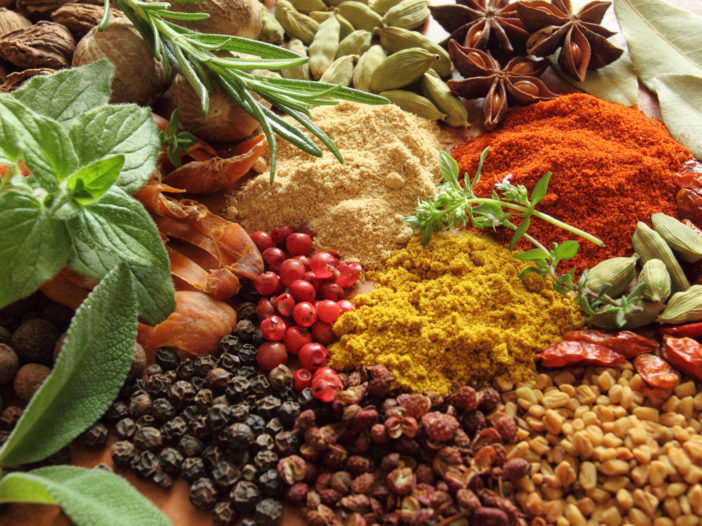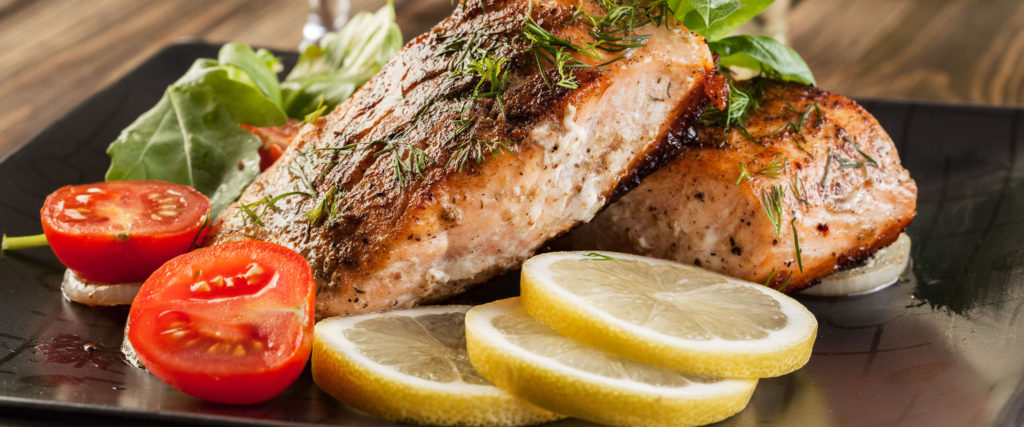
What is inflammation?
Inflammation is one of those “buzz” words which you hear a lot, but do you know what it actually is?
And is it good for you or bad for you?
It all depends whether it is acute or chronic.
Acute inflammation is an important part of your immune system and is “switched on” when you are ill or have injured yourself. Signs of inflammation include some or all of the following: pain, redness, loss of function, swelling and heat. These are all designed to initiate the healing and repair process. Normally they last a few days or few weeks. When the drama is over, the inflammation quietens down and things go back to normal.
In contrast, chronic inflammation can last for months and even years. It is persistent and long lasting. And when this happens, the inflammation is no longer a helpful part of the healing process. It turns into something that can be damaging to your health and at the heart of many chronic diseases. This type of inflammation is often symptomless and that in itself is the big problem: You can be unaware of its existence and the impact it is having on your health until it eventually starts to damage healthy cells in your body.
So, inflammation can be both good and bad
When inflammation is good, it fights off foreign invaders, heals injuries and mops up debris. But when it is left to run wild, the process can lead to conditions such as arthritis, heart disease, cancer, depression and diabetes.
But what leads to chronic inflammation?
There isn’t one route which leads to chronic inflammation. There are many many causes.
Here are some examples:
- An inability to recover from acute inflammation
- Auto- immune disorders
- Long term exposure to toxins
- Extreme sensitivity to allergens
But did you know that diet and lifestyle can also cause chronic inflammation?
All of the following can lead to chronic inflammation:
- Long term stress
- Poor quality sleep
- Obesity
- Smoking
- High alcohol intake
- A diet rich in unhealthy fats and high sugars
- Excessive calorie intake
- Low fibre intake
- High salt diet
And there is also a link between hormones and chronic inflammation
Your sex hormone oestrogen has a vital role in reducing inflammation. And this works well when oestrogen levels are high during your reproductive years. However, when oestrogen levels decline, you lose this ability and may start to struggle with joint pain.
This is because oestrogen has a role in regulating fluid levels and protecting bones and when this is impaired due to low levels, the joints cannot be effectively lubricated. Fluctuating and declining oestrogen levels can give rise to underlying low grade inflammation and the onset of achy joint pain.
So, it is important to manage and reduce inflammation by adopting the following diet and lifestyle practices:
Lifestyle
From a lifestyle point of view, it is important to exercise regularly, sleep well and keep your BMI at a healthy level.
Diet
Many foods are classed as being anti-inflammatory. These are the ones that are full of antioxidants which provide a powerful weapon to fight inflammation. And they really can do so much more than anything that you may buy from the pharmacy!
- Cruciferous vegetables – spinach, kale, broccoli, cabbage, bok choi, brussel sprouts and collard greens. Aim for 4-5 servings a day of different vegetables. These are high in antioxidants and have anti-inflammatory properties
- Fruits such as berries, oranges, apples and pears. Choose fruits in season. These contain polyphenols which have been shown to reduce inflammation
- Healthy fats – olive oil, avocados. Cook with the oil at low temperatures and drizzle over salads.
- Oily fish – salmon, mackerel, sardines, anchovies and herring. These are high in omega-3 fatty acids which reduce inflammation. Aim for 3 portions of oily fish per week.

- Herbs and spices – turmeric, ginger, garlic, cinnamon and chilli peppers. All of these have anti-inflammatory properties and add such wonderful flavours to food. Alternatively, you can make delicious ginger or turmeric drinks.
- High fibre foods such as beans, legumes and whole grains – kidney, black and butter beans, chickpeas, oats, brown rice, quinoa. Your gut microbes break down fibre foods and produce short chain fatty acids which protect against inflammation.
- Staying well hydrated. By drinking 6-8 glasses of water each day, you flush out toxins which can help fight inflammation.
And the foods to avoid because they increase inflammation are as follows:
- Processed foods
- Fried foods
- Sugary foods and drinks
- Refined carbohydrates (white bread, white rice, white pasta)
- Dairy (cheese and whole mik) – restrict where possible
- Red meat – restrict to once a week
- Alcohol
So, just a few dietary changes can really make a huge benefit in future proofing your health as you grow older. Remember that chronic inflammation can be “silent”, so the steps you take now will help to reduce any unwanted symptoms and chronic conditions later on in your life.
One way to do this is to adopt a Mediterranean style diet which is known to be a healthy way to reduce inflammation as it is a diet high in fruits, vegetables, nuts, whole grains, fish and healthy oils.
This may just be the start of your journey to a happier and healthier you!
If you would like to learn more about healthy eating, do download my free starter kit for a happy and healthy menopause here
